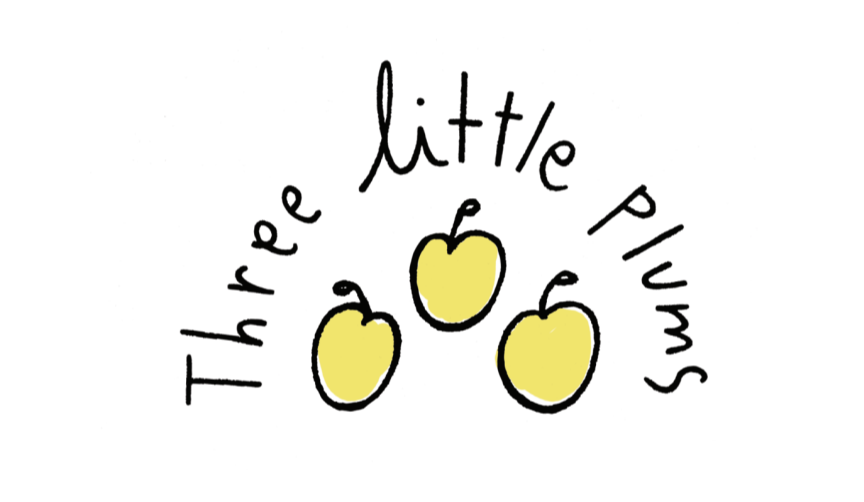Switching to an Organic Diet Will Significantly Decrease Your Child's Exposure to Neurtoxic Pesticides: and it Doesn't Have To Cost A Lot!

Wondering if eating organic is worth the price tag?
A new study suggests the answer is yes; the cost is worth your investment (and guess what? it doesn't always have to cost a lot more. Read our tips below!)
The study, conducted by researchers from the University of California, Berkeley, University of Maryland and Emory University looked at two groups of 3 - 6 year olds, all of Mexican origin, living in California. Half live in urban Oakland and the other half lived in agricultural Salinas Valley. Non organic food was switched out for organic food for 7 days. Both groups saw significant decreases in urine pesticide levels.
FINDINGS
How 'significant' was the decrease? The levels of two known neurtoxic pesticides ( dialkylphosphate and dimethyl dialkyl phosphate ) dropped by an average of 40% and 49%. Levels of a weedkiller, 2,4-D, a possible carcinogen, dropped by 25%.
HOW SERIOUS CAN EXPOSURE TO THESE CHEMICALS BE?
Organophosphate pesticides, commonly used in agriculture, are neurotoxic at high dosis.
This is a fact.
Residential use of this class of pesticides has mostly been phased out by the Environmental Protection Agency due to healthy concerns for children, however they are still used in agriculture. The effects of exposure to these pesticides at low levels over a long period of time are still being studied. To date, studies have found:
Studies have begun to find that prenatal exposure at lower levels could affect children’s cognitive development (IQ); specifically poorer scores for Working Memory, Processing Speed, Verbal Comprehension, Perceptual Reasoning, and Full-Scale intelligence quotient (IQ). Even though today's study did not look at prenatal exposure: a decrease of 40% in levels of dialkylphosphate (one of the organophosphate pesticides looked at) is quite significant and could have an impact on your child's intellectual health.
Another study from 2010 found that children with higher dimethyl dialkyl phosphate concentrations (that is the pesticide that dropped by 49% in today's study) were more likely to be diagnosed with having ADHD
Weedkiller 2,4-D has been found in umbilical cord blood and has been linked to attention deficit hyperactivity disorder, asthma and immune disorders, hormonal disruption and cancer.
The International Federation of Gynecology and Obstetrics, representing physicians from 125 nations and territories, this week warned that “exposure to toxic environmental chemicals during pregnancy and breastfeeding is ubiquitous and is a threat to healthy human reproduction” worldwide. Among the environmental chemicals they specified pesticides, adding "We are drowning our world in untested and unsafe chemicals and the price we are paying in terms of our reproductive health is of serious concern,”
The good news? Just as we saw in the video we posted here this summer, you have control of your family's pesticide exposure levels. Just by switching to organic food, you can drastically decrease the presence and possible health effects in your children's little bodies.
In fact, as this new study's authors state "children consuming primarily organic food in non-agricultural households with no residential pesticide use have minimal or no pesticide exposures".
BUT EATING ORGANIC IS REALLY EXPENSIVE
Not necessarily, if you follow these tips:
The Environmental Working Group's yearly list of fruits and vegetables with highest levels of pesticides ("The Dirty Dozen" - those fruits and veggies you want to emphasis you buy organic) and lowest levels of pesticides (" Clean 15" - those fruits and veggies you can feel comfortable buying conventional/non organic ) are a great tool that can help you determine when to spend your money on organic and when you don't have to.
Farmers Markets all over the country tend to have better prices for organic produce than say, Whole Foods. Visit your local Farmers Market and get to know your local farmers.
Stores like SAMS Club, Walmart and Trader Joes, among many other, now carry their own line of organic food at a decent price point.
Online stores like Thrive Market require you to become a member but offer organic food at very low prices
